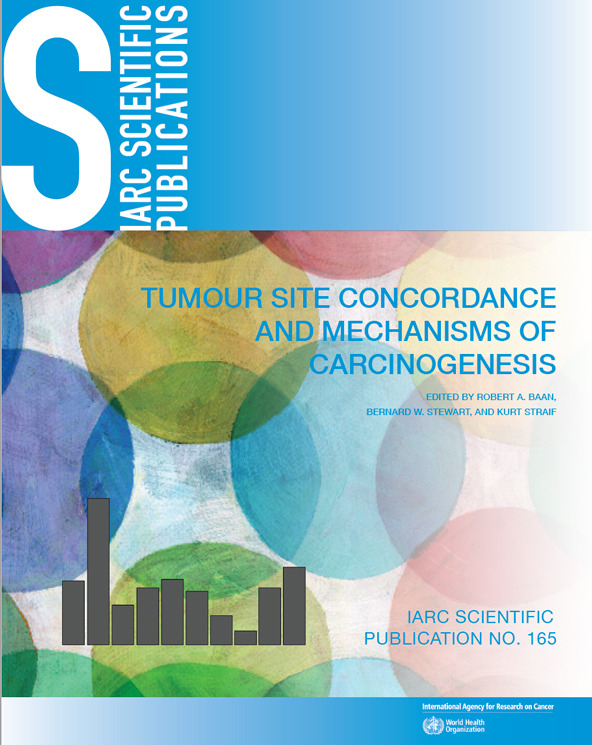As one of the most studied human disease around the world, unlocking discoveries about cancer means aligning the world’s resources, funding and efforts. How to make sure we’re doing it right?
It takes a global health entity like the World Health Organization (WHO), who relies on experts like Daniel Krewski to coordinate massive, multinational studies to arrive at consensus on matters relating to health.
Dr. Krewski, professor at the School of Epidemiology and Public Health, spent the last ten years leading a large international research team on the subject of cancer risk assessment – namely, the biological mechanisms by which known human carcinogens act.
Understandably, WHO demands a high level of thoroughness from their expert contributors. The large-scale project involved sifting through over 50 years of test results to create large databases, working closely with experts from all over the globe to perform the analysis, and arriving at consensus among the working group’s members - a mammoth task, according to Dr. Krewski.
Dr. Krewski’s team included Drs. Nicholas Birkett and Julian Little from the School of Epidemiology and Public Health, as well as graduate students in the population health risk assessment program, with Pascale Lajoie and Mélissa Billard spending a total of four summers between 2011 and 2014 working under the direction of Drs. Robert Baan and Yann Grosse, senior scientific staff at WHO’s International Agency for Research on Cancer in Lyon, France, to compile the databases used to support the analyses of tumour site concordance and biological mechanisms of carcinogenesis.
The team’s findings were reported in a recent scientific publication by WHO. Their conclusions are expected to have a major influence on cancer researchers and toxicologists around the world, as an understanding of the mechanisms of cancer give researchers valuable clues as to how to prevent and treat cancer.
Their findings also substantiate alternatives to animal testing, which Krewski and colleagues plan to report on in detail this fall.
Read Dr. Krewski and team’s contributions to the WHO publication.



